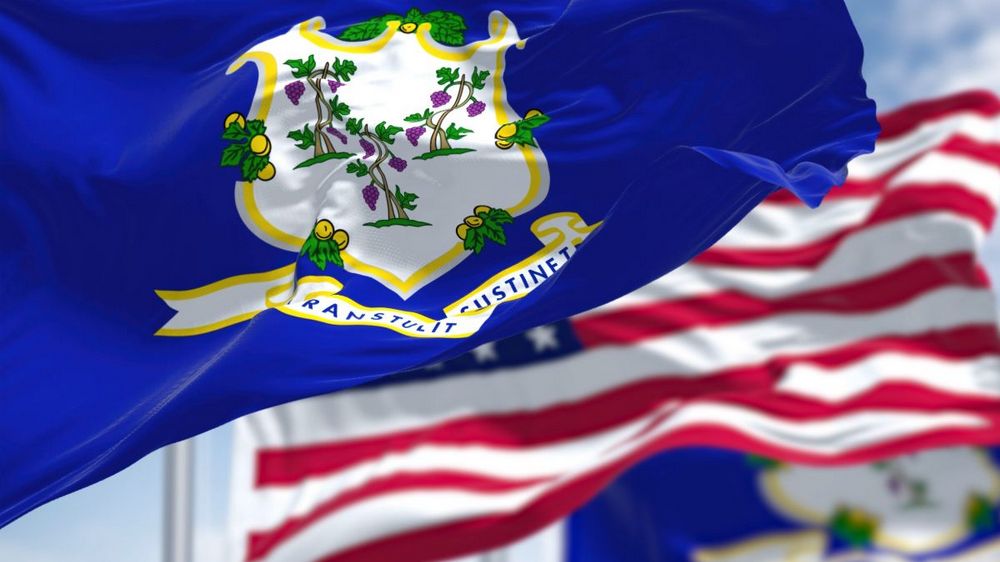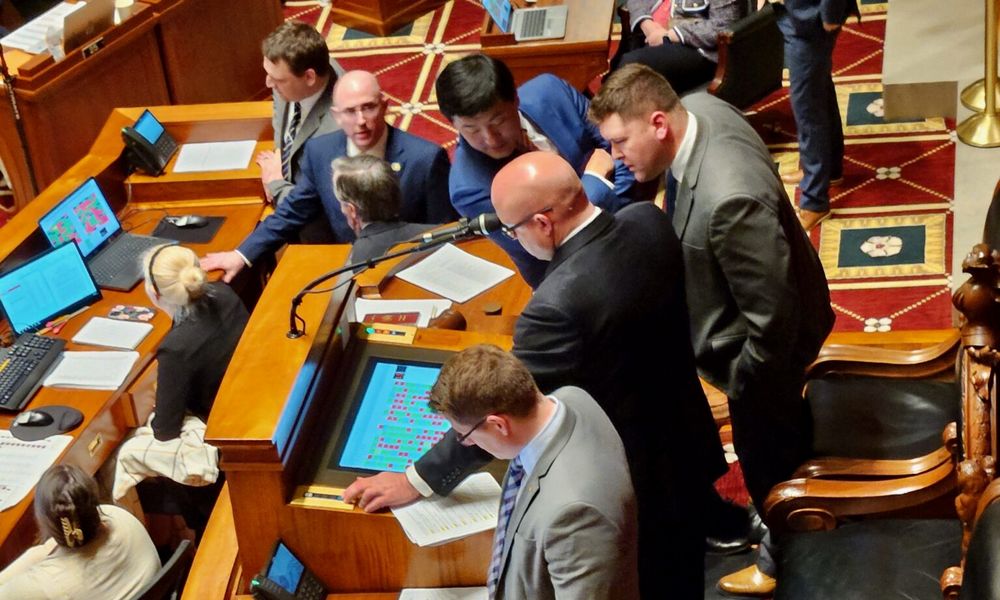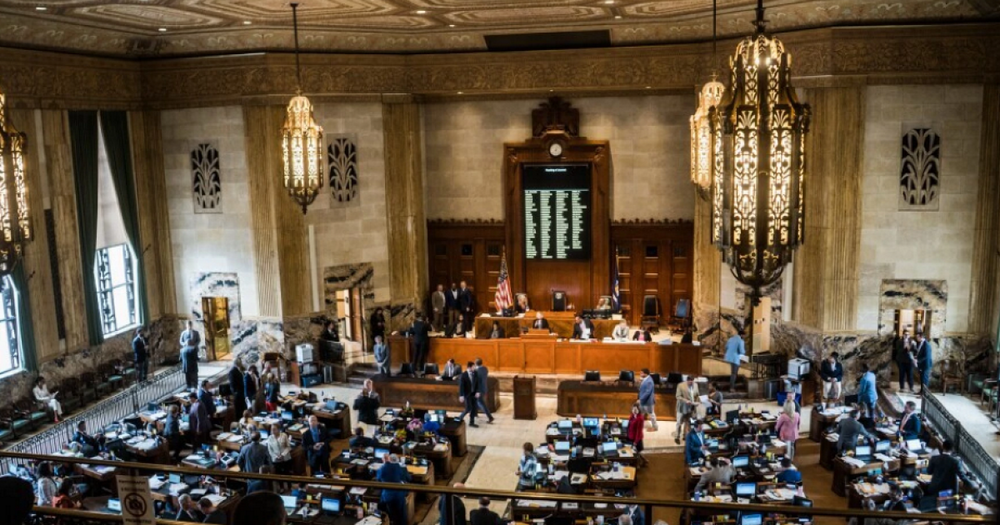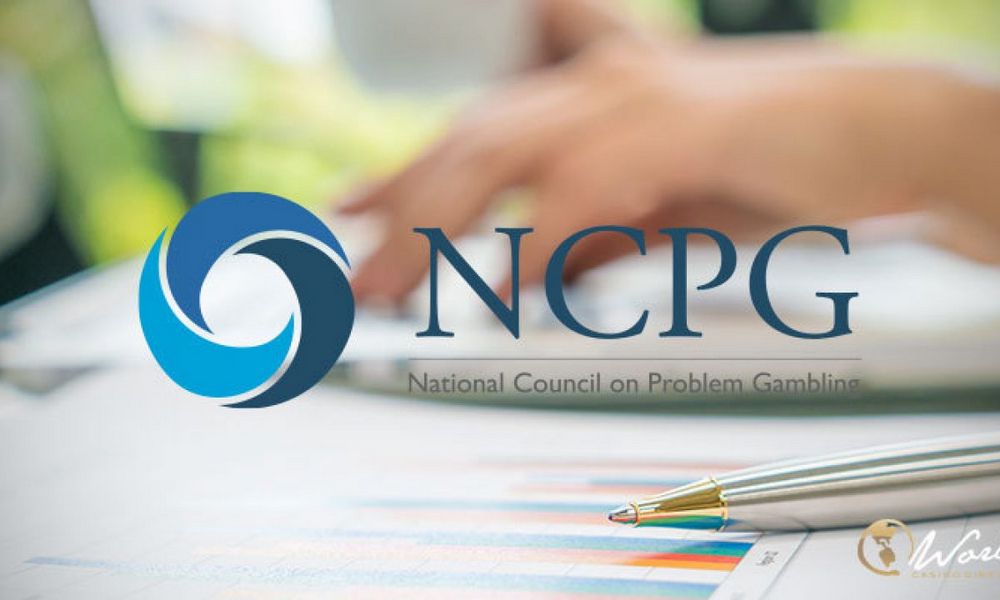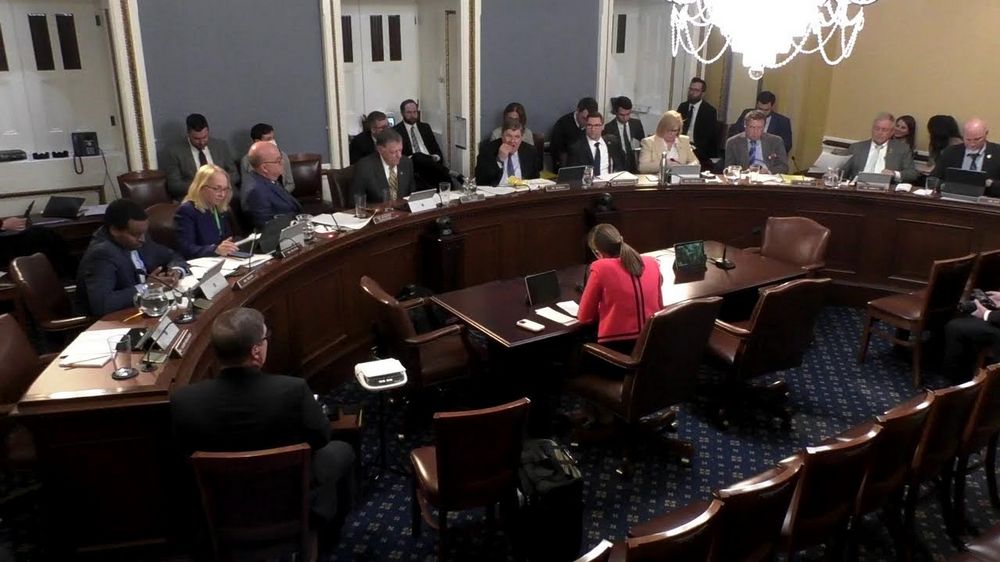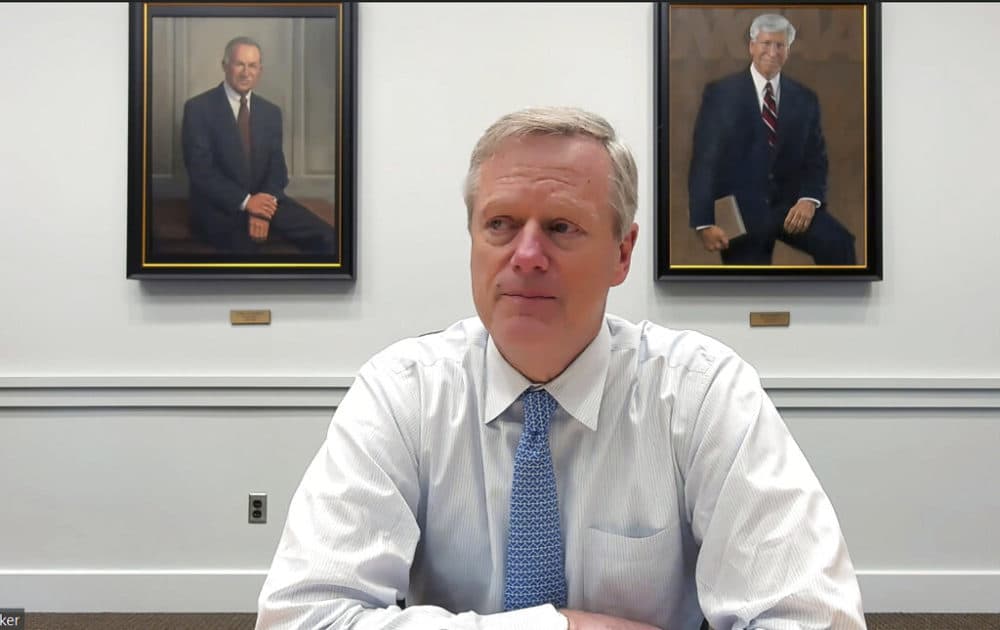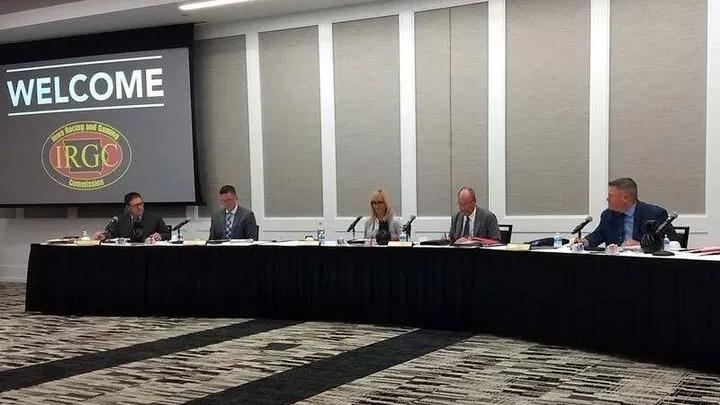In northern California, a federal judge delivered a ruling on September 4, 2025, halting the Koi Nation’s casino development plans on the Shiloh parcel, located roughly 15 miles from the Federated Indians of Graton Rancheria’s (FIGR) Sonoma County resort.
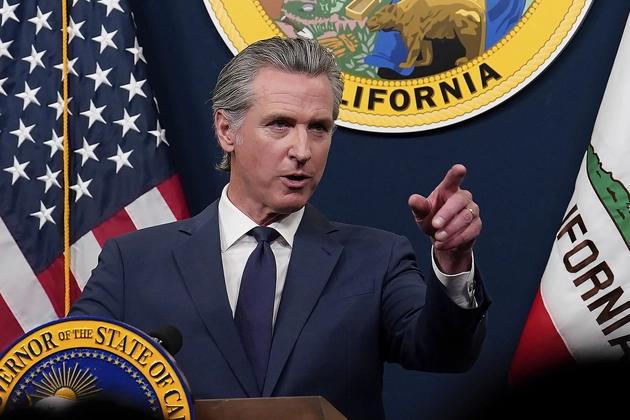
The project, originally approved by the U.S. Department of the Interior (DOI), faces a significant setback as the court invalidated the DOI’s land-into-trust transaction and gaming authorization due to procedural irregularities and insufficient tribal consultation. This ruling requires a federal re-evaluation before any progress can continue.

Greg Sarris, Chair of the Federated Indians of Graton Rancheria, expressed strong support for California Governor Gavin Newsom’s parallel lawsuit against the DOI. Sarris stated, “We strongly support California Governor Gavin Newsom’s suit challenging the Interior Department’s rushed, illegal decision.” The combined legal efforts underscore ongoing tensions over tribal sovereignty, regulatory compliance, and government oversight in tribal gaming projects.

The court’s judgment centers on violations of the National Historic Preservation Act (NHPA) and the National Environmental Policy Act (NEPA). Judge Rita F. Lin ruled that the DOI failed to meet statutory obligations by neglecting appropriate consultations with the FIGR and inadequately assessing cultural resource impacts as required. These legal breaches led the federal court to vacate the previous approvals and impose a pause on development until compliance is restored.
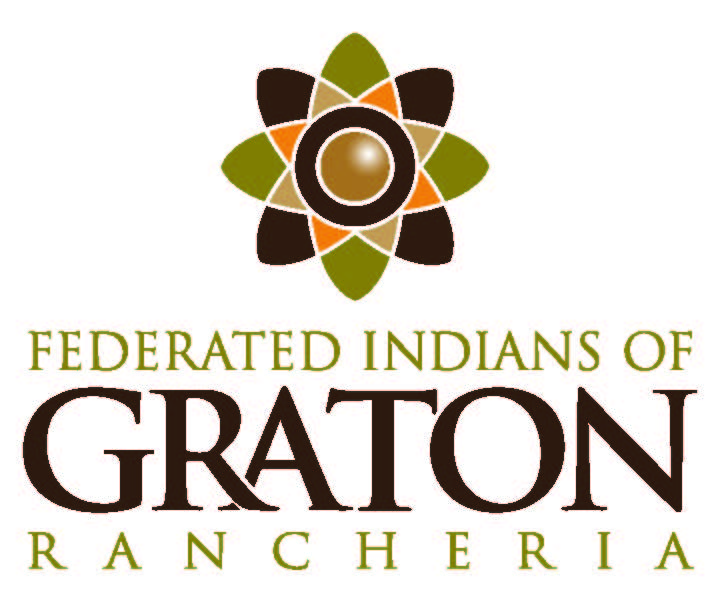
This legal obstacle not only disrupts projected economic benefits and development timetables for the Koi Nation community but also reinforces the importance of rigorous regulatory review in tribal land and gaming matters. Governor Newsom’s involvement heightens political attention, with a settlement or corrective action mandated by September 16, 2025. Stakeholders must now navigate complex negotiations to resolve these intertwined legal and cultural challenges.
The unfolding dispute highlights critical issues in tribal gaming governance and regulatory enforcement, raising the stakes for how tribal and state entities collaborate moving forward.












